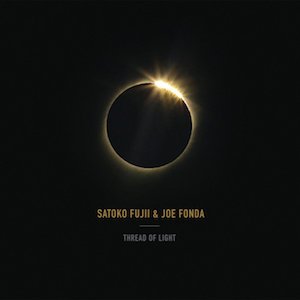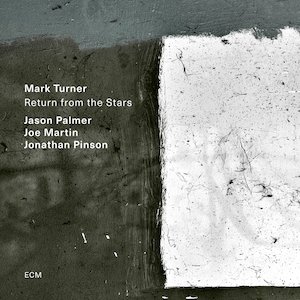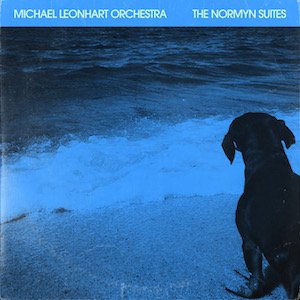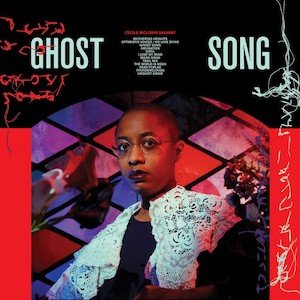Label: ECM Records, 2022
Personnel - Tord Gustavsen: piano, electronics; Steinar Raknes: double bass, electronics; Jarle Vespestad: drums.
As a pianist and composer, Tord Gustavsen heeds an amiable, reflective music, whose passages are full of feeling. For his ninth ECM outing, Opening, he’s seen at the helm of a cohesive Norwegian trio rounded out by bassist Steinar Raknes, who joins him for the very first time on record, and drummer Jarle Vespestad, a long-time collaborator who has followed him since his debut, Changing Places (ECM, 2003).
The opening track, “The Circle”, came to Gustavsen like a gift while he was sitting at the piano. The triangular arrangement of sounds feels light as feathers, merge beautifully together while forming a tone poem composed of majestic harmony and affecting melody. More ambiguous and exploratory in the search, “Findings”, which attaches the Swedish folk song “Visa Fran Rattvik” at the end, takes us directly to the title track, where the atmospheric vein is kept, yet perhaps with a bit more gravitas. “The Longing” is also a short meditation in 3/4 time, an equivalent to a warm beam of light traveling with a mellow gentleness.
The literate, if mournful, “Helensburgh Tango” features Raknes soloing with a guitar-like treble approach that expands the scope of frequencies, having Vespestad’s coruscating snare flashes emerging from the bottom. The bassist employs a similar methodology on two other numbers: “Re-Opening”, which fashions a series of ostinatos and silences within a looping sequence that manifests sadness and beauty alike; and “Ritual”, whose change of ambience implies further mystery with a fusion style that admits bass cries (I would swear this was an electric guitar) and muted piano notes on the lower register.
Contrasting with the latter tune, “Stream” evokes a vast sea of tranquility. The bass breathes deeply, opening spaces for the lyrical piano, which floats atop the spacious brushwork. This candid exercise accommodates a tuneful bass improvisation declared with a refined diction. The album closes out with two Norwegian folk tunes: Gveirr Tveitt’s “Fløytelåt”, a rubato hymnal embrace, and Egil Hovland’s tactfully brushed “Vær sterk, min sjel”. With emotional appeal, Gustavsen’s excellent working trio engulfs the listeners in its peaceful airiness.
Favorite Tracks:
01 - The Circle ► 07 - Re-Opening ► 09 - Stream








































